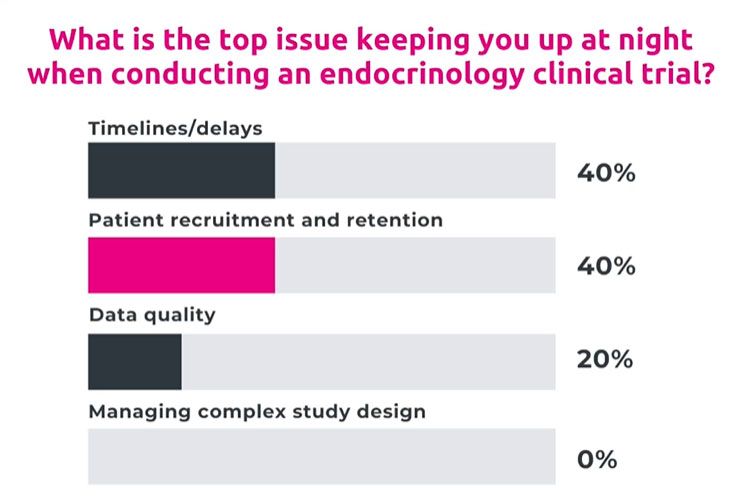As clinical trial designs grow more sophisticated, the implementation of electronic clinical outcome assessments (eCOAs) becomes increasingly central to study success. Yet, many teams still treat eCOA scoping as a simple checklist, rather than recognizing it as the cornerstone of smooth, efficient study execution. This oversight can result in costly mid-study changes, timeline delays, and unnecessary complexities.
To implement eCOA successfully, teams must conduct a thorough protocol review and develop a deep operational understanding of the study’s unique requirements. This involves analyzing questionnaire complexity, mapping visit schedules, and assessing localization needs across study sites. By taking a systematic approach, teams can identify potential challenges early—before they impact timelines or budgets.
The Importance of Cross-Functional Collaboration
Effective eCOA implementation depends on seamless collaboration among technical, localization, and project management teams from day one. Each team brings essential expertise: the technical team designs the assessment logic and workflows, the localization team carefully reviews localization timelines while flagging any risks, and the project management team optimizes and coordinates resources and study timelines.
Consider a Phase 3 oncology trial involving multiple patient-reported outcome (PRO) instruments. The technical team ensures the integration of complex assessments and makes the design feasible for both sites and patients, the localization team manages translations to ensure cultural and linguistic appropriateness, and the project management team reviews historical data and metrics to identify potential risks and maintain alignment. This collaborative, cross-functional approach minimizes the risk of issues that could disrupt the study timeline.
Leveraging Operational Experience
Operational expertise is a critical factor in anticipating challenges and proactively finding solutions. Experienced teams understand how configuration choices impact timelines, budgets, and site compliance. They can quickly spot when additional validation steps are necessary or predict how specific diary designs will affect patient engagement.
This operational know-how also informs decisions around device provisioning, backup data collection procedures, and system integration. A comprehensive understanding of site training needs and data management requirements directly contributes to the success of a study, keeping it on track and within scope.
The Program-Level Impact
Many clinical trials today operate as part of larger programs, where efficiencies across studies are crucial to success. Strategic scoping can identify opportunities to standardize processes and reduce duplication. For example, when multiple studies within a program use similar quality-of-life assessments, standardizing instruments across studies can streamline validation efforts and ensure consistency in data collection.
Creating Value Through Precision
While thorough scoping requires an upfront investment of time and resources, it ultimately helps avoid costly mid-study changes and accelerates time to market. By identifying technical and operational considerations early, teams can build more accurate timelines and reduce the need for adjustments later in the study. This precision ensures high-quality standards are maintained and project plans are better equipped to address the inherent complexities of eCOA implementation.
At YPrime, we leverage our commercial operations team’s deep eCOA expertise to ensure precision through comprehensive protocol review. By engaging the same cross-functional experts who will execute the project, we align our scoping process closely with the study’s specific needs. This collaborative approach not only uncovers program-wide efficiencies but also reduces change orders and speeds up study startup. By anticipating the impacts of configuration decisions and proactively suggesting strategic solutions, our team helps keep projects on track, minimize delays, and ensure smooth trial execution—ultimately delivering successful outcomes within sponsor timelines and budgets.
Check Out Our Other eCOA Resources
about trial design, data capture, operational efficiencies, and, ultimately, solving for certainty in clinical research.



